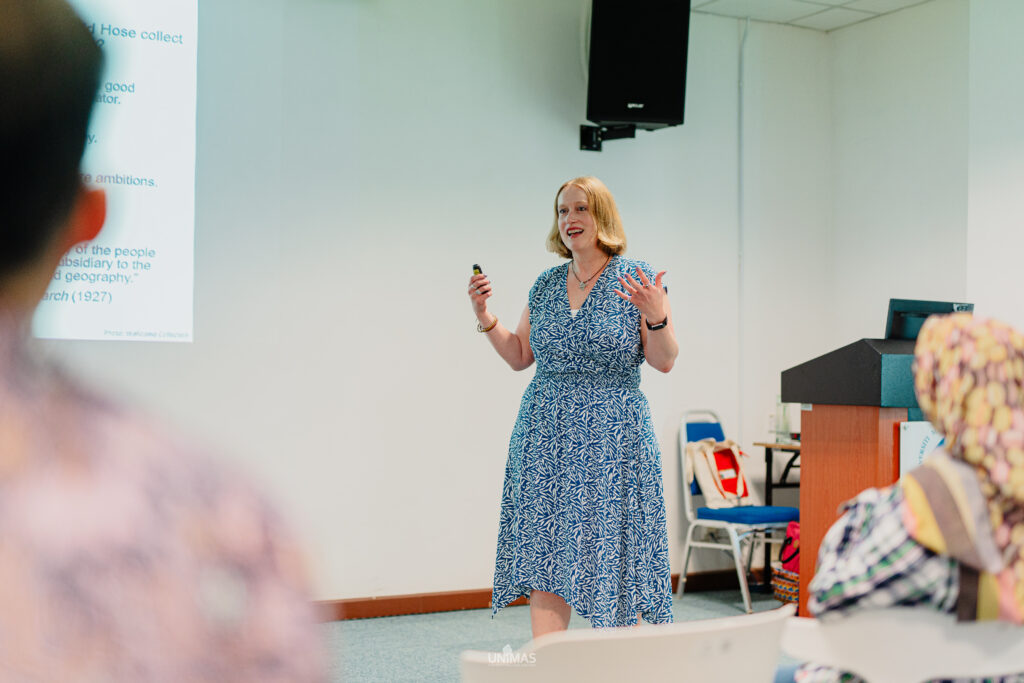
Dr Jennifer Morris from the British Museum, focusing on the collection of Bornean objects gathered by Charles Hose, especially from Sarawak.
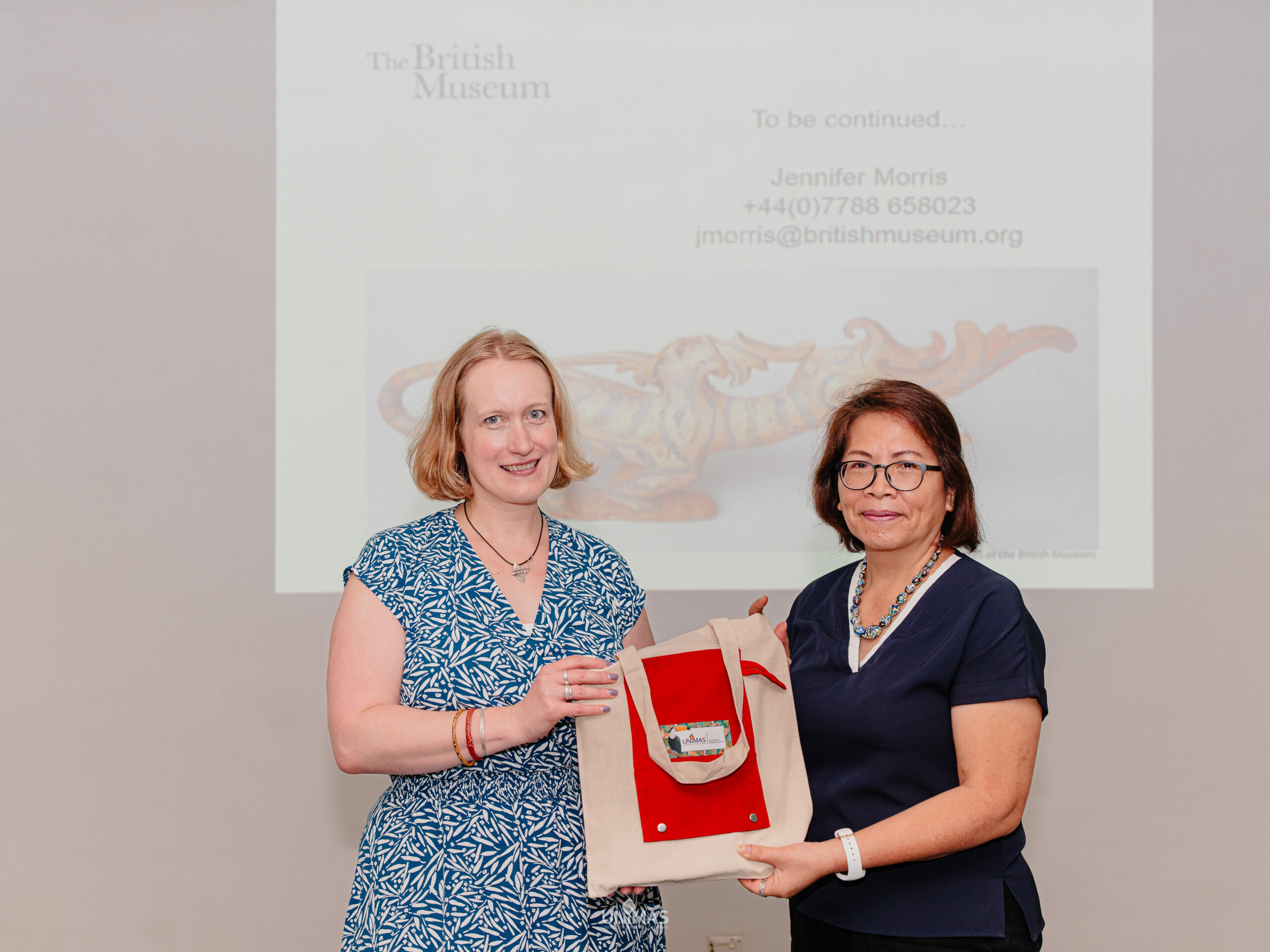
The Institute for Borneo Studies (IBS) at Universiti Malaysia Sarawak (UNIMAS) recently organised a talk by Dr Jennifer Morris from the British Museum, focusing on the collection of Bornean objects gathered by Charles Hose, especially from Sarawak.
Dr Morris is a historian and museum expert with a deep knowledge of Borneo’s history. She has worked in both the UK and Asia, and her talk explored the important contributions of Charles Hose, a key figure in Sarawak during the time of the White Rajahs.
Charles Hose (1863–1929) was a British civil servant, naturalist, and ethnographer who spent 24 years in Sarawak, serving as the Resident of the Baram District. He helped end headhunting practices, brought peace between rival tribes, and contributed to Sarawak’s economy by securing oil rights for Shell. Hose was also a keen collector of plants, animals, and cultural items, many of which are now in British museums. His book, The Pagan Tribes of Borneo (1912), remains important in anthropology. After retiring, Hose returned to England, where he managed a munitions factory during World War I, and joined the Sarawak Advisory Council. He passed away in 1929.
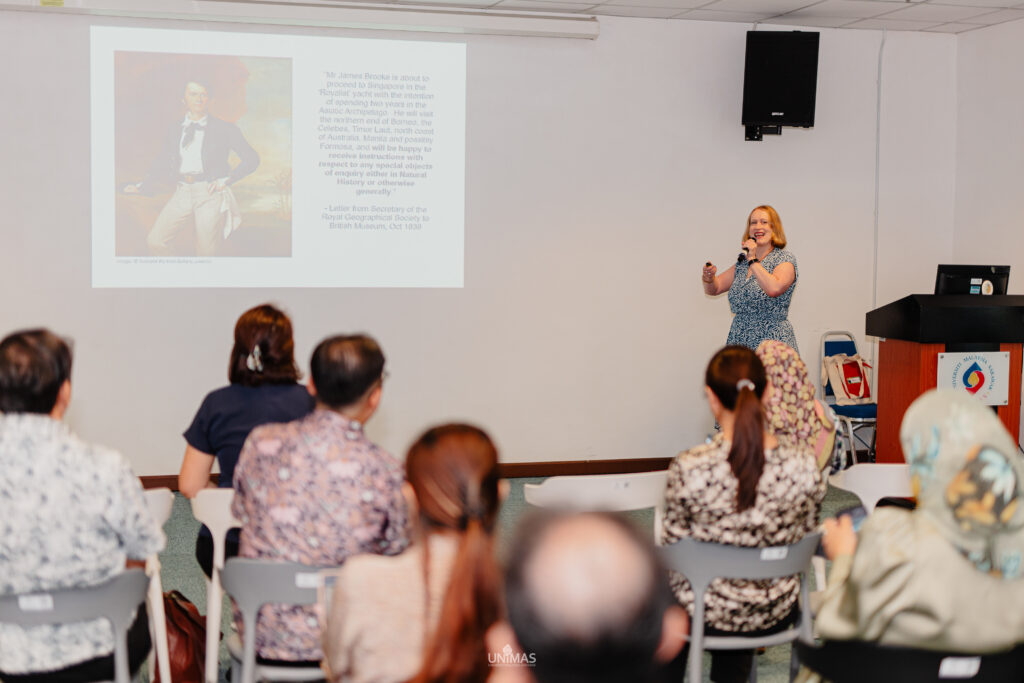
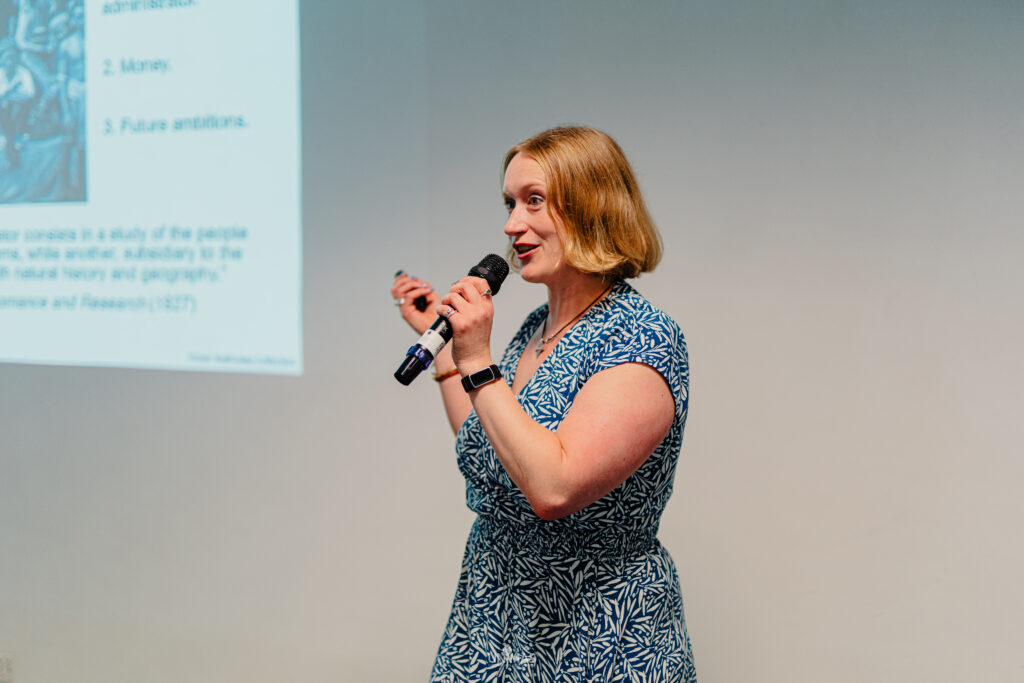
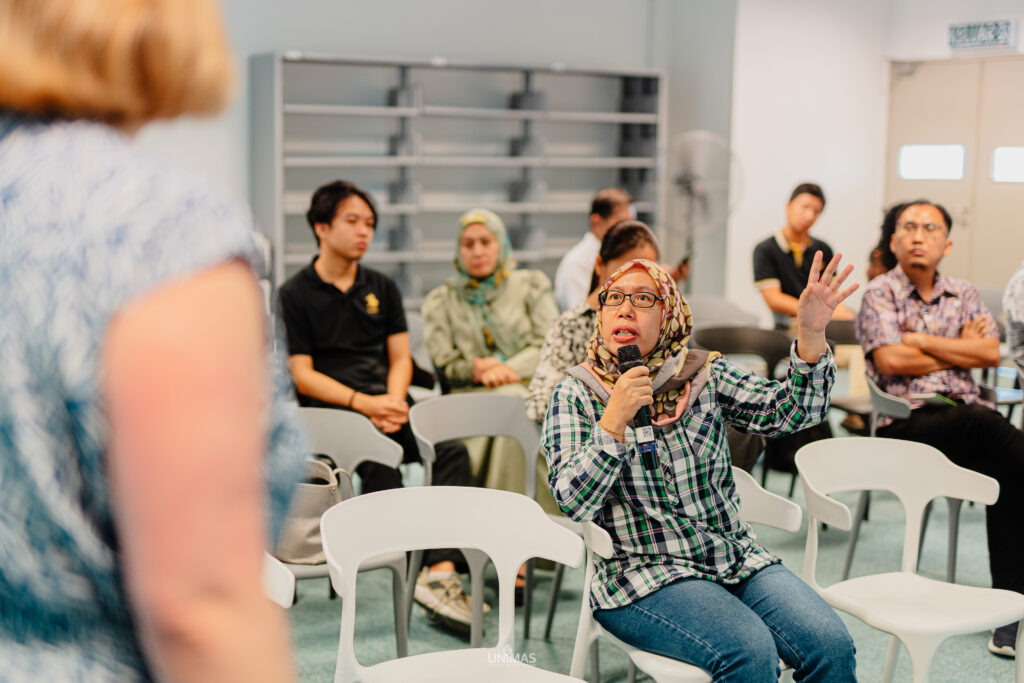
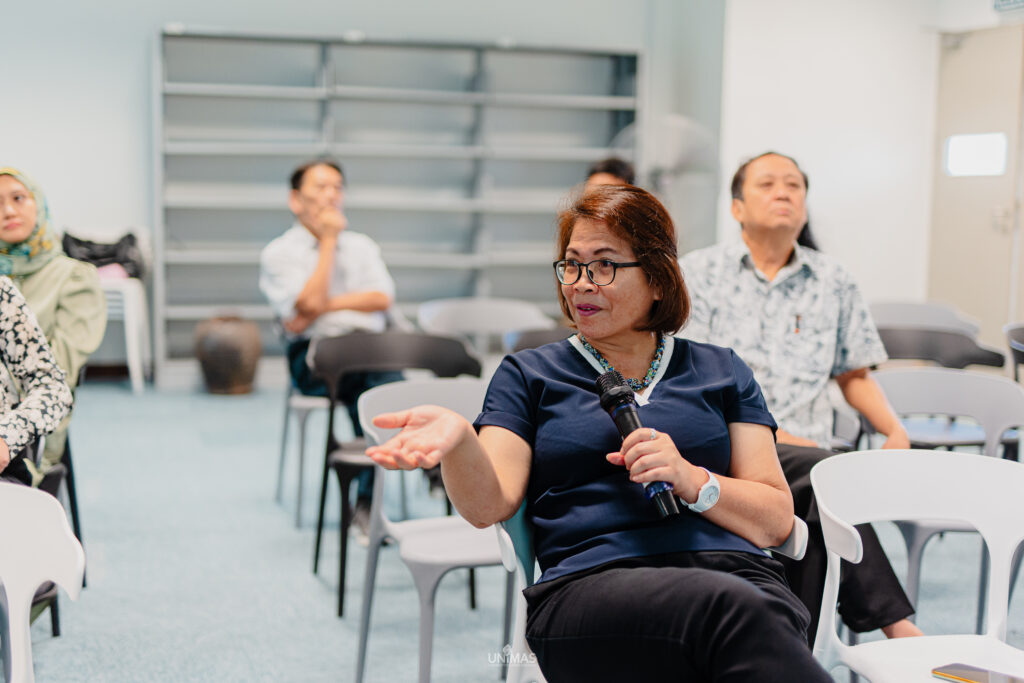
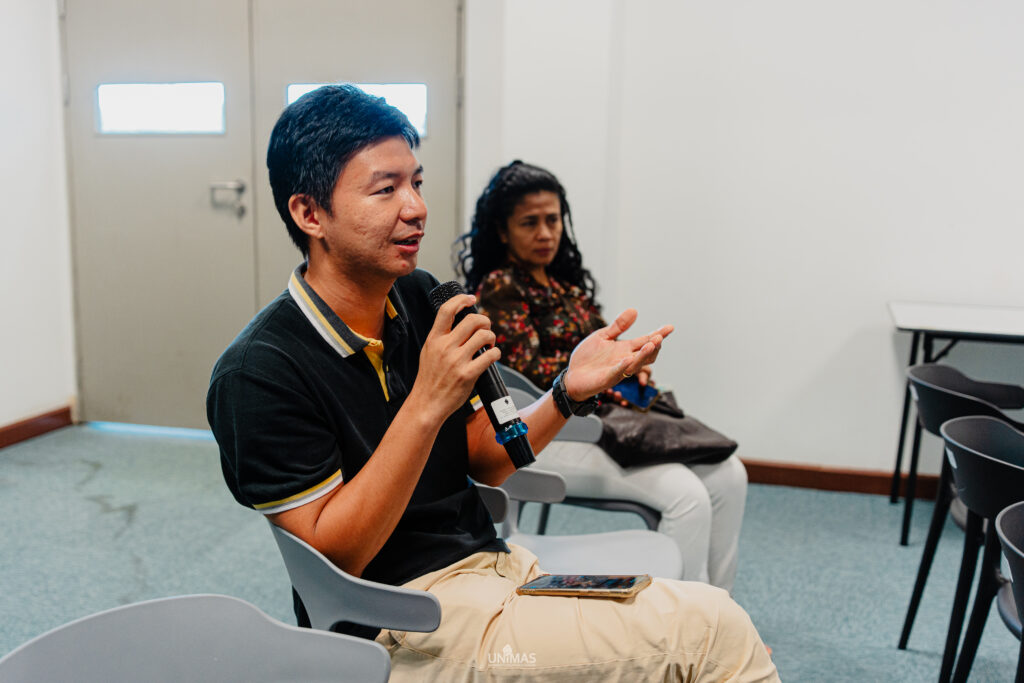
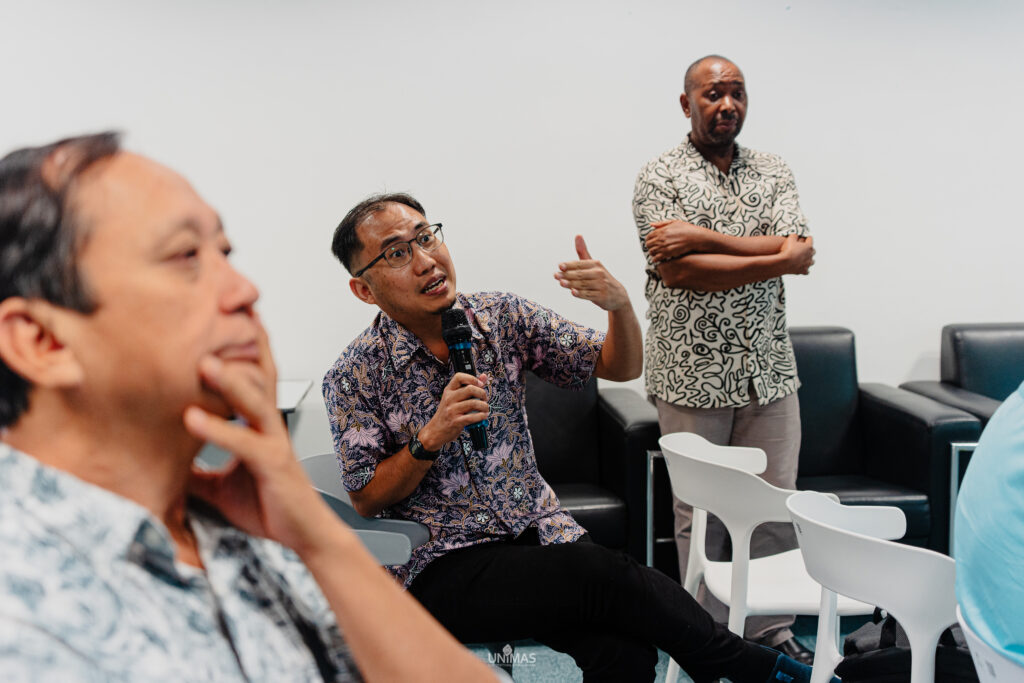

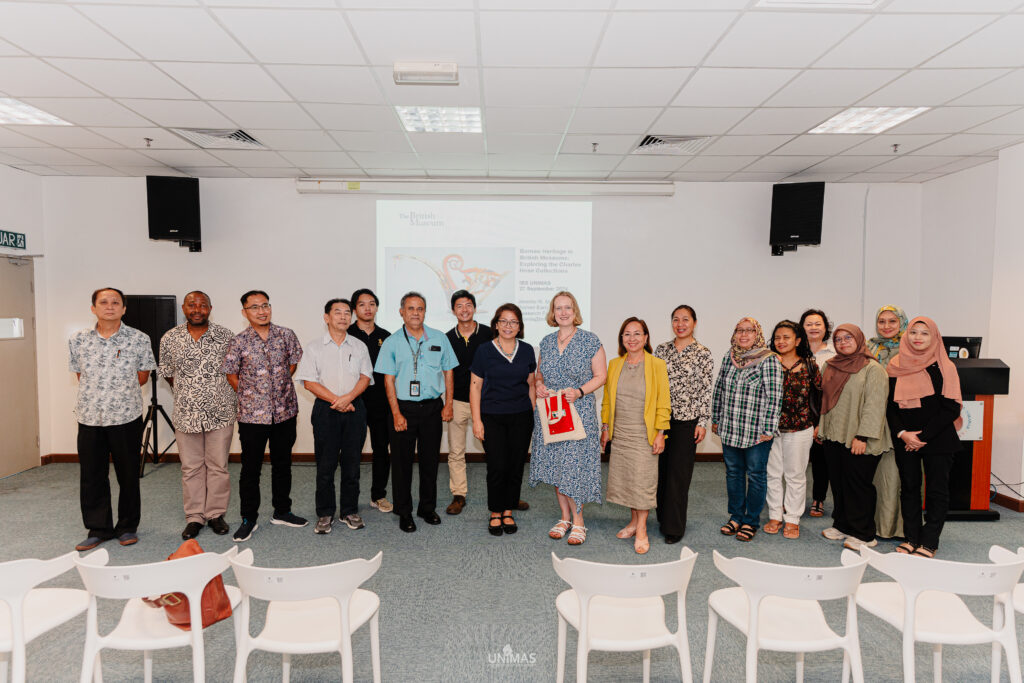
The talk, held at the Borneo Global Classroom, was attended by academics and students. Also present were IBS Director, Professor Dr Poline Bala, and Deputy Director, Dr Sharifah Sophia Wan Ahmad.
During the event, IBS also announced a new book by research fellow Dr Valerie Marshman, titled Border History from a Borneo Longhouse, which was given as a gift to the institute.
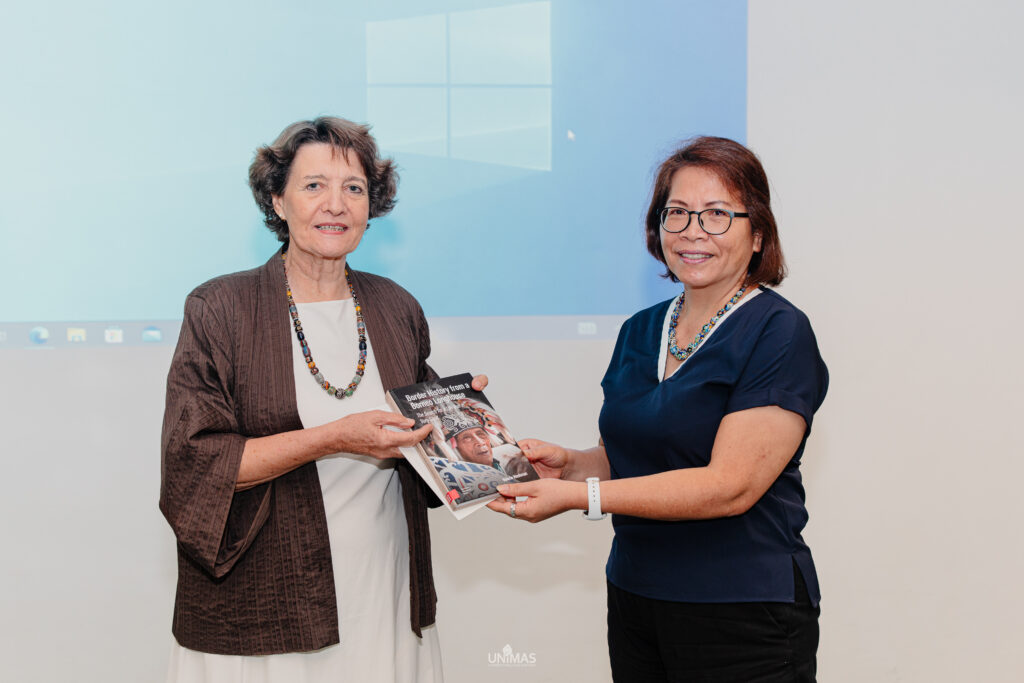
The talk highlighted Charles Hose’s lasting contributions and reminded everyone of the importance of preserving Borneo’s cultural heritage.
Photos by Fitzpatrick Anak Ricky Guing, Centre for Applied Learning & Multimedia.